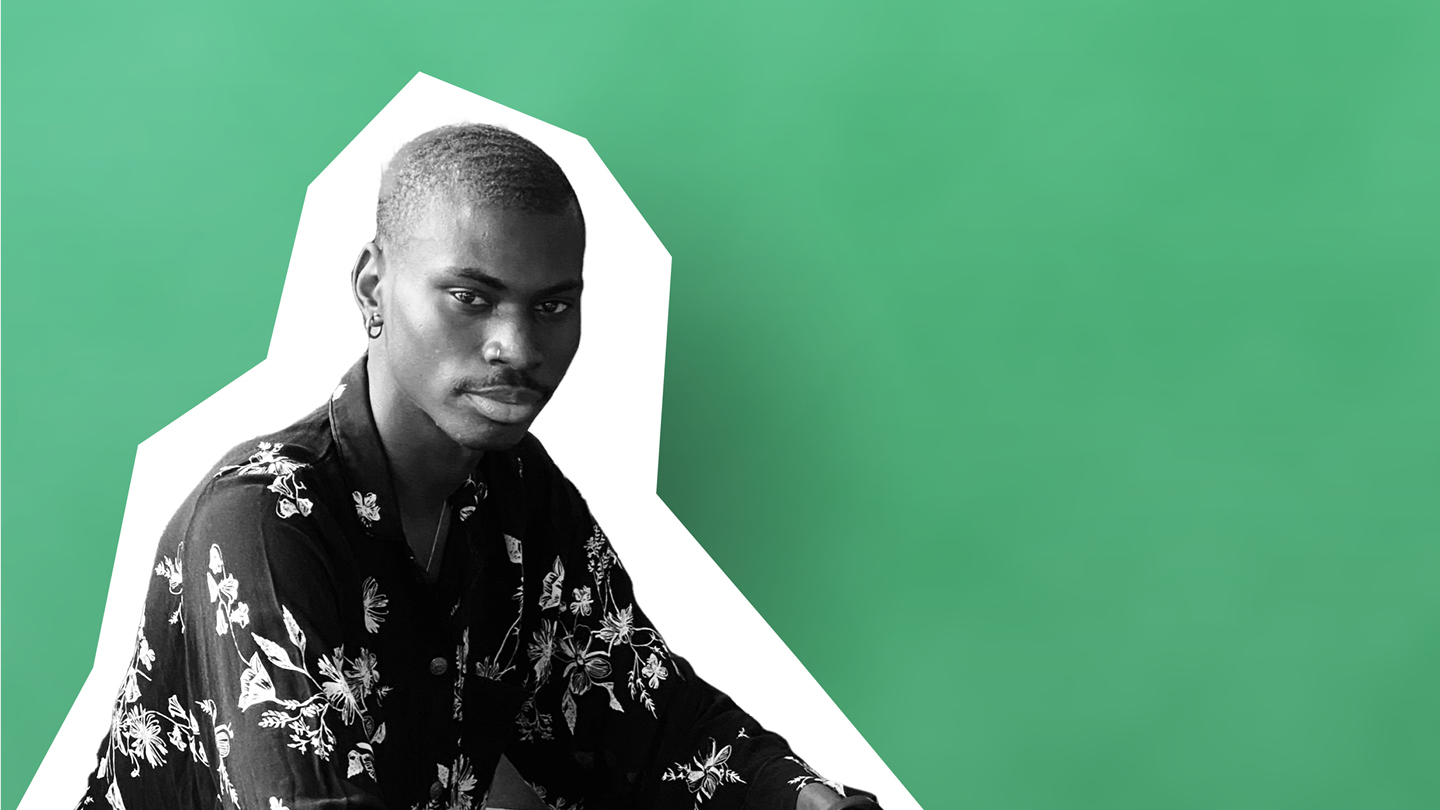For Chisom Peter Job, managing editor at STATEMENT FILMS, writing and editing turned out to be a more accessible career choice than his earlier aspirations of becoming a computer scientist.
Chisom was in his final year of studying computer science when his cardiovascular health took a turn for the worse. “I have an invisible disability that’s made it difficult to attend lectures in schools. And while the school promised to make it accessible for me to attend, I decided to drop out because it was becoming hard to do a lot of things,” he explains.
While it wasn’t an ideal situation at the time, Chisom had studied creative writing before he went to university. He also had experience as a content strategist, which made it easier to pivot his career with intention after he left school.
And it’s remarkable that, in a way, he ended up exactly where he’d always wanted to be.
An Early Passion for Writing and Words
Chisom, who currently lives in Lagos, Nigeria, but is from Littoral, Benin, remembers spending time as a child with his aunt in her walk-in library, which was filled with children’s literature. He would browse the titles, picking out books that piqued his curiosity. The more he read, the more he realized that he wanted to tell stories, too.
His parents picked up on his interest and encouraged the hobby, buying him his first laptop so he could write short stories for family members. He remembers getting positive feedback on his work from his family and his teachers in school.
“I’d always wanted to be a writer, and I was originally going to study creative writing full-time,” he says. “But then a counselor at school told me that writing wasn’t a job and that I had to look for something else and do writing on the side. That’s why I decided to pursue computer programming.”
However, before jumping into computer science, Chisom wanted to do something just for himself. Before officially starting university, he enrolled in a creative writing program, which turned out to include content around filmmaking, cinematography, theater arts and other fields. Here, his love for TV and film was sparked.
A Swift Ascent to Managing Editor
Of course, it’s turned out that writing is not only a job but also a fulfilling career path. After leaving school in 2020, Chisom joined Living Free U.K. as a writer and landed his first international byline that same year.
Things moved quickly from there, as he became editor-in-chief at Living Free U.K. while simultaneously freelancing and accumulating more bylines. In 2022, Chisom started consulting for Amazon’s WonderyMedia, where he refined his research and translation skills. Then in 2023, he was offered the managing editor role at STATEMENT FILMS, a company that creates film and content made by African women writers, directors and creators.
In this latest job, it’s no surprise that Chisom spends his time watching a lot of films and TV. He’s scaled back this year, but in 2022, he logged over 6,000 shows! Last year, he often found himself watching shows at 1.25 or 1.5 times the speed to get through his queue.
As he consumes content, he’s looking for interesting details or people that stand out to him — whether filmmakers, writers, directors, or actors — so that he knows who he wants to interview next.
“I’m looking out for a performance, a nice character arc, some dialogue that stands out,” Chisom says. “Once I find that, I start making notes of things I loved about it and then reach out for an interview. Then, I use the notes I made to develop interview questions.
“I try to make sure my questions are not just about what it was like filming,” he continues. “I ask a lot of questions about the film that people may have missed. I try to focus on the tiny details.”
And this approach works. Chisom’s portfolio is impressive and contains interviews with big-name stars like Angus Cloud, Jada Pinkett Smith and Lupita Nyong’o.
So, how does he find the right angles to share?
Tell Stories for Communities, Not Just Readers
Chisom describes his approach as intersectional, noting that he always tries to view every story from the point of view of the different people he’s writing about. He wants to be sure that each story is important to the people it’s about, and not just the readers.
“A lot of stories I tell are about queerness, so that community includes me,” he explains. “I make sure these are stories that I know people should read. I always want to know what the point of the story is for the community it’s about. Why is it important right now? Why does it need to be told?”
While many stories are important to tell, there’s also a delicate balance at play when writing about certain communities. “There are some stories that writers should stay away from. While our job is shedding light and letting people know what’s happening, sometimes this can cause danger to the people you’re writing about,” Chisom says. “That’s why I want to make sure the story is for the people and that my sources always feel safe and protected.”
As far as what his future holds, Chisom remarks that everything he’s done has involved writing, but he’s somewhat role-agnostic. He might be working in tech and applying his university education, or perhaps he’ll become a television writer.
“I’ve never really had a dream job,” he says. “Whenever I start doing something, I do it until I no longer feel like it. My interests continue to change as time goes on. I’m open to learning new things and pursuing them. I remind myself that the world is large. I have so many years, and whatever I’m doing now, I can still do other things later.”






